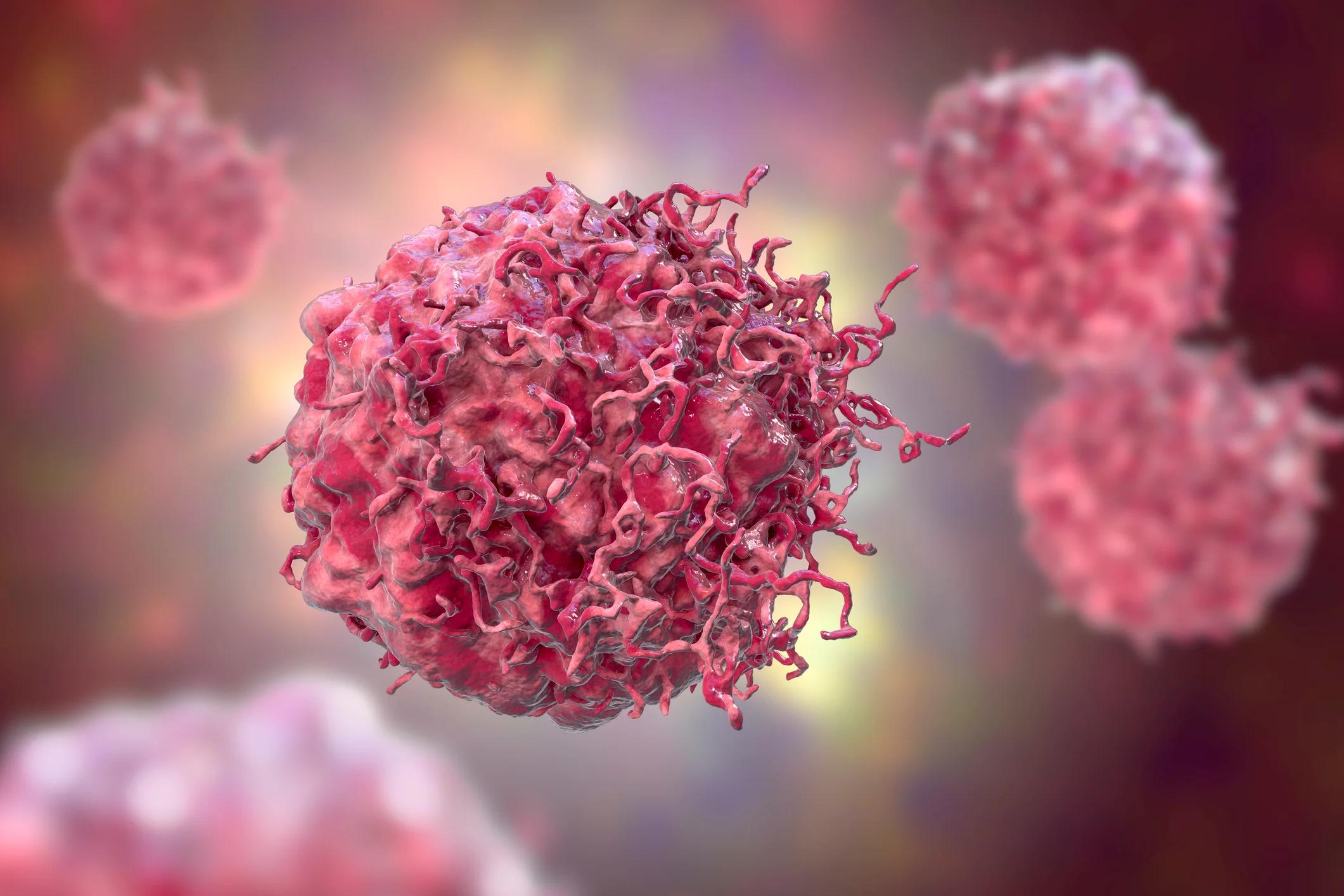Oncology Weekly (OW) spoke with Yvette C. Terrie, BS Pharm, RPh, consultant pharmacist, to gain insight into why pharmacists are a crucial part of the care team for patients with non-small-cell lung cancer (NSCLC).
OW: How has the role of clinical pharmacists in the multidisciplinary oncology team evolved in treating NSCLC-targeted cancer therapies?
Terrie: Pharmacists’ multifaceted roles have continued to evolve from simply preparing and dispensing medications to becoming integral members of the multidisciplinary healthcare team in caring for patients with NSCLC. Pharmacists collaborate with prescribers and other healthcare providers to devise patient-centered treatment plans tailored to patient needs, goals, and preferences. This collaborative approach to care aims to optimize therapeutic responses and minimize adverse effects.
How do pharmacists collaborate to provide comprehensive care for NSCLC patients in the community setting?
Due to their drug expertise, pharmacists can provide prescribers, other clinicians, and patients with valuable information regarding the efficacy, safety, and clinical advantages of targeted therapies for the treatment of NSCLC, including higher rates of response, and longer progression-free survival, fewer ADRS, and personalized treatment tailored to patient need. Pharmacists can also monitor and ensure that prescribed therapies are appropriate based on the patient’s medical and medication history and genetic profile. They can also provide information about ongoing clinical trials and research and direct patients and caregivers to resources that provide education about living with NSCLC and patient cost-saving programs.
What responsibilities do pharmacists have in managing NSCLC-targeted therapy treatment options?
Pharmacists are integral in ensuring the proper preparation, administration, handling, and storage of NSCLC-targeted therapies. Pharmacists are also instrumental in identifying key drug/drug interactions and contraindications, ensuring that prescribers and patients know potential warnings and precautions, and identifying and managing potential ADRs associated with these therapies. Through medication therapy management, pharmacists can also ensure that medications are dosed appropriately and make recommendations when changes are warranted. Other key responsibilities include patient education and providing patients and caregivers with information about treatment expectations, the clinical benefits associated with targeted therapies, the goals of therapy, therapy administration, frequency, and potential ADRs.
How do pharmacists provide emotional and practical support to patients and their families throughout the NSCLC treatment journey?
Receiving a cancer diagnosis is associated with enormous physical, psychological, emotional, and financial burdens, and in addition to medication, emotional support is an integral component of care. Due to their frequent encounters with patients, pharmacists are well-poised to direct patients to the various support resources available, including information about NSCLC, potential drug therapies, and cost savings programs. Pharmacists can also encourage patients to take an active role in their care, maintain routine care from their oncologist, and adhere to the recommended treatment plan. By showing empathy to patients battling NSCLC, pharmacists can engage patients in conversation to assess their goals for treatment, assess their response to therapy, address any concerns, and help patients during the challenging journey as they receive treatment.
How do pharmacists advocate for patients in treatment decisions in the community setting?
Due to frequent encounters with patients, pharmacists often act as patient educators and advocates and may also identify patients at risk for and/or exhibiting signs of NSCLC and encourage these patients to seek further medical evaluation from their primary healthcare provider. Pharmacists are also well poised to identify patients who may be ideal candidates for certain therapies and/or enrollment in clinical trials. Patient counseling is an integral component of health care, and through patient education, patients can make informed decisions about their health. Pharmacists can also direct patients to resources that are often sponsored by manufacturing companies that may expand patient access and affordability to medications. During counseling, pharmacists can encourage patients to discuss concerns with the primary healthcare provider and take an active role in their care.
How can the advocacy efforts of pharmacists be further supported and integrated into the broader healthcare system?
Enhancing support for patients with NSCLC involves recognizing the essential roles of pharmacists in patient care. This recognition can be furthered by promoting additional training in oncology care and supporting pharmacists’ roles as drug experts in the multidisciplinary care of patients. Additionally, developing patient education programs that include pharmacists can ensure that patients and caregivers are well-informed about NSCLC and possible treatment options, therefore empowering patients to make informed decisions about their health.



